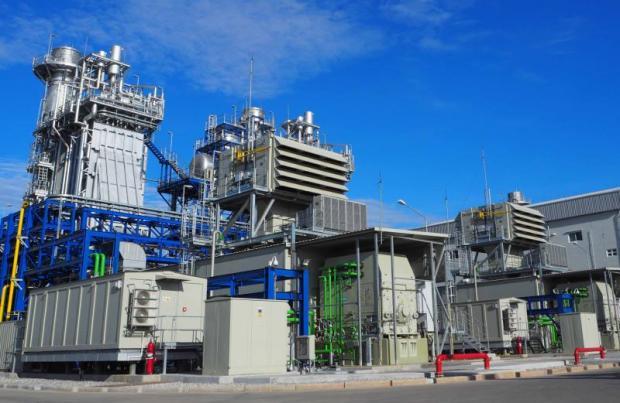
Thailand Energy Ministry plans IPP bidding for 8,300MW in 2019 pipeline
Energy Ministry awaiting PDP nod
11 January 2019
The Energy Ministry plans to open bidding for independent power producers (IPPs) for a combined capacity of 8,300 megawatts (MW) this year.
This will be the fourth round after IPP rounds for a combined capacity of 14,948MW that occurred in 1994, 2008 and 2013.
Permanent energy secretary Kulit Sombatsiri said new IPPs will be developed at large sites that will be fuelled by gas, coal and diesel.
“All details for interested companies will be disclosed sometime this year,” he said.
Mr Kulit said the new version of the national power development plan (PDP) 2019 aims for a power-generating capacity of 8,300MW for commercial operation dates in 2025-30.
The new PDP is expected to be approved by the National Energy Policy Council on Jan 17.
“Once the 8,300MW plan is approved by the Energy Regulatory Commission [ERC], the ministry will set the details for bidding including time frame, capacity, location and type of fuel,” said Mr Kulit.
The first IPP will be in Ratchaburi province, where Tri Energy Co’s gas-fired power plant with 700MW capacity is located.
The plant is scheduled to retire in 2023, so the ERC will consider either repowering the existing plant or open bidding for new interested operators.
Mr Kulit said the state-run Electricity Generating Authority of Thailand (Egat) still has a quota for power plant development, so it will not compete with private companies.
But Egat will continue to be the base power generator for the country, operating without a stoppage.
He said energy policymakers plan to prepare for power trading between private companies, focused only on renewable power, also known as peer-to-peer power trade, in 2019.
Policymakers will set regulations to facilitate the approach of this trend because they project the power-generating cost for renewable energy can compete with fossil-based fuels, said Mr Kulit.
“We are studying how to facilitate this trend for owners of renewable power projects, such as wheeling charges and power rates for a third-party transmission line,” he said.
“We are open to opinions and comments from private companies as they have renewable power projects that could trade in communities.”
Two SET-listed firms — BCPG Plc and Global Power Synergy Plc (GPSC) — are testing their pilot projects for power trading, but results have yet to be disclosed.
GPSC is testing power trading at Navanakorn Industrial Zone in Pathum Thani province, while BCPG is testing at Sansiri’s mixed-use property project on Sukhumvit Soi 77.
Mr Kulit said policymakers are planning to provide licences to private companies to develop solar rooftops, with a combined capacity of 100MW.
These projects can be connected with the national power grid to sell surplus power to state utilities, he said.
Source: https://www.bangkokpost.com/business/news/1609102/ipp-bidding-for-8-300mw-in-2019-pipeline


